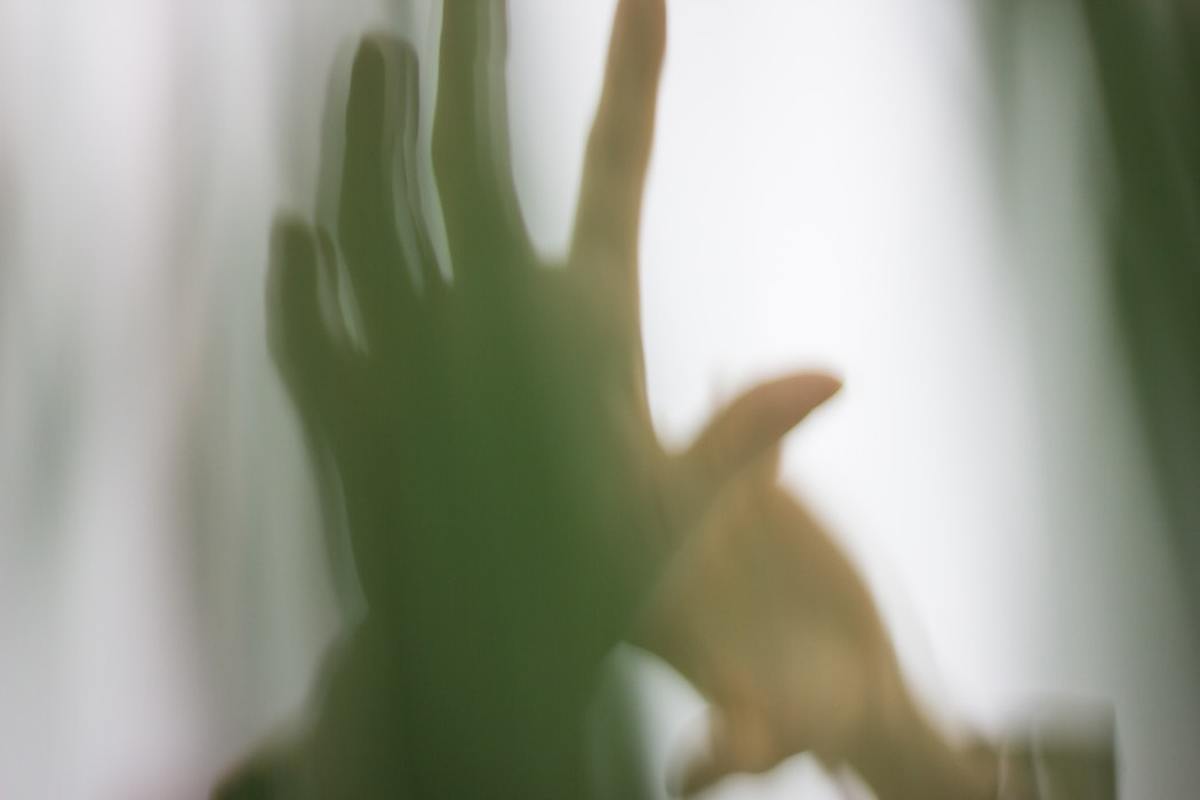Clint McCown, one of my graduate professors, once said, “The literary artist writes to tame an unquiet heart.” I was newly diagnosed with Celiac disease when I first heard those words. The decades leading up to my diagnosis were filled with chronic bone pain and insomnia, the latter of which I parlayed into writing. What else could I do at 1:00 AM, staring down the darkness with no hope of sleep?
I wrote like a maniac, penning four complete novels between 1992 and 2002. They were awful, but they taught me much about writing. When my fifth manuscript sold to a publisher, my editor was stunned that I hadn’t published any short stories in my literary career—that was the usual route, after all. I had to explain that by its general nature, insomnia is the architect of novels.
Insomnia was the easy part. If nothing else, it was time alone when my inner critic seldom bothered to show up. I wrote dangerous things in the glow of my desk lamp with the dog warming my toes, most of which have since been mercifully deleted. It was the chronic pain that disquieted my heart.
No one can experience another’s pain, no matter how graphically it is described. And when doctor after doctor reported that all tests were normal, the pain began to eat at my soul. At times my bones ached so deeply that I knew I was dying. But dying of what? At other times the pain simply retreated into some mysterious remission. Perhaps it was in my head? Maybe I’m not sick, I would think. Until the pain returned. It has something to do with the wind, I imagined one night on the Oregon coast, gales battering my shinbones like brittle saplings ready to snap.
My Celiac diagnosis was like being handed my life back brand new. It’s akin to gum disease in a way—floss your teeth and the problems go away. Omitting gluten from my diet was easy. To use an overtired cliché, sans gluten I felt like a million bucks! I immediately returned to activities like hiking. Then yoga. My skin took on a new glow. Pain was a distant memory, a ghost I recognized only by its absence. Insomnia? A thing of the past—an affliction I used to have.
My diagnosis came with just one problem. Writing—my insomnia’s dependable companion—also became an affliction I used to have.
Writing is an inspired act, and little had I understood the fountainhead of that inspiration. Pain is an ugly thing. It brings us in touch with dark ideas. What is fiction, but an elaborate staging of someone else’s pain? It’s downright cathartic when you have the power to release your characters from their pain (even when you choose not to). It stands to reason that when the pain is gone, so, too, is the muse.
During my new, physically robust years, I’ve written a string of short stories—a literary form I could hardly comprehend before. Each began as a grand notion with novelesque aspirations that impatiently sprinted to an early finish-line. The proverbial “novel in progress” I managed to knead into the familiar structure of plot and subplots wheezes in the corner, now, an anemic 120 pages.
There was a time when I looked at my future with vague apprehension, and that itself was a constant wellspring of stories. Of course even with my health intact, there are no guarantees. But neither is there a burning need to make my mark. Would I have dreamt of health had I known it would cost me my literary children? It’s hard to say, and it can’t be undone now. At the very least, my experience offers some feeble explanation for why so many literary artists find a self-inflicted source of pain at the bottom of a liquor bottle.
For me, the pain of being separated from my creative voice may be the very thing that revives my writing. Oddly, I hope it aches sufficient to the task.affiliate tracking url | nike air force 1 shadow , eBay
